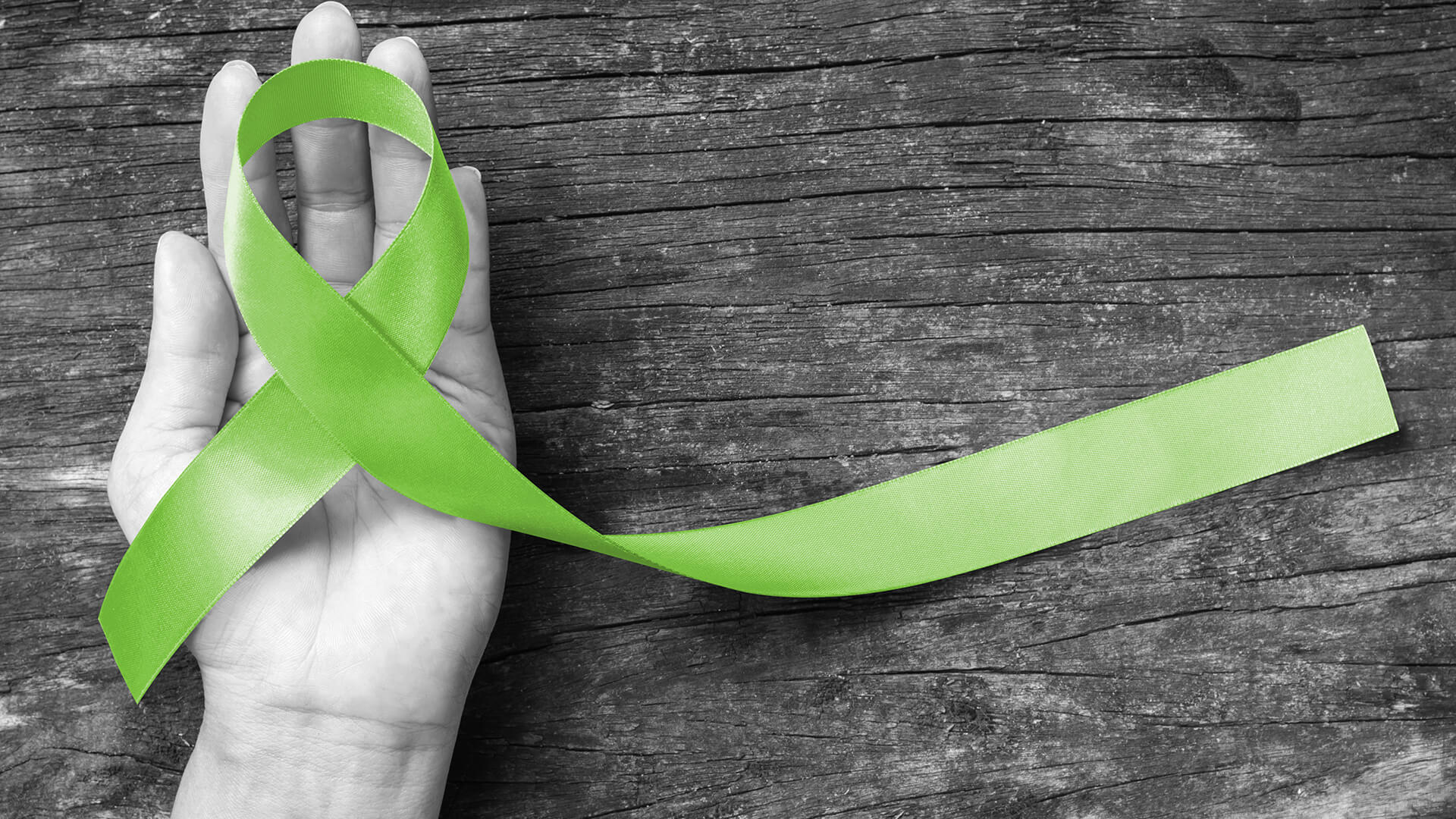Getting the news that you have cancer is one of the hardest things you will ever have to hear. Any form of the disease is terrifying, and it can be a completely overwhelming experience to discover that you are facing a potentially very tough battle ahead. Hopefully, it will have been discovered early to give you a better chance of dealing with it quickly and removing it from your body completely. Sadly, this isn’t always the case, and sometimes it can be a long and scary road to recovery.
While all cancers are distressing to deal with, lymphoma can be particularly tough. This form of cancer attacks the white blood cells in your body that are there to help fight off infection, which is why lymphoma can cause more issues for a patient. There are two types of lymphoma – the most common being non-Hodgkin’s lymphoma, or the rarer kind Hodgkin’s lymphoma. Symptoms of the disease include swollen glands that are usually found in your armpits or groin area, shortness of breath, fatigue, fever, rapid weight loss, and night sweats.
If you have just been diagnosed with lymphoma or a loved one has, here is some advice on how to cope with the news and move forward in your journey to recovery.
Process
Getting bad news is always difficult, and it can be difficult to process properly. However, you must take time to fully digest this information to move forward. It might take a few days or a couple of weeks for the news to properly sink in and this time may well pass in a blur. When you get home from your doctor’s appointment, go for a walk, sit down in a quiet room, or whatever it is you do when you want to get a clear head. If you’re feeling emotional, that is perfectly natural, let yourself cry or scream as you will be in shock and will need to let it out. Take some deep breaths and calm yourself afterwards and make sure you are kind to yourself for the next few weeks while you get your head around the diagnosis.
Consider Your Options
Your priority once finding out you have lymphoma is establishing what stage the cancer is at and what your treatment options are. Non-Hodgkin’s and Hodgkin’s lymphoma are treated differently, and your doctor will explain all treatment options available to you. The most common treatments for lymphoma are radiotherapy, surgery, or chemotherapy. Some cancer treatments, such as chemotherapy, can be very tough on your body, and usually, these more aggressive treatments are used for patients who are at a more advanced stage of the disease. There are also lymphoma natural treatment options available that might be preferred. These holistic approaches are usually applied alongside other methods to help improve patient recovery. It’s essential to get as much information regarding treatments available to you as you can. This will help you to decide which options you’re most comfortable with.
Well-being
At every stage of your journey through lymphoma, you must make sure you’re taking care of yourself. Eat well and try to keep your body as fit and healthy as you can considering the circumstances. It is also essential that you keep your mental health in good shape, too. You will likely experience feelings of anxiety, depression, stress, and frustration often during this time, and that is perfectly normal. However, if you let the negative emotions take over too much, this could make coping with the situation a lot more complicated. Try meditation to help calm your mind if you are suffering from stress and anxiety. If this isn’t something you’re interested in, consider attending a cancer support group or seeing a therapist so that you can talk to someone who understands and can help you.
Support
No one should face something so challenging alone, and it will be essential for you to have the support of your loved ones through this time. It might be hard to break the news to them at first, but without their help, you are likely to find your experience to be much more difficult. Let your family and friends be there for you and help you get through your treatment. Spending time with them will also be an excellent way to keep up your morale and enjoy yourself, taking your mind off of your current situation for a little while. As mentioned above, if you do feel as though you could use some extra support, consider seeking some professional help.
Rest
In times of stress and worry, a lot of people naturally try to keep themselves busy. While giving yourself, distractions can be a positive thing, make sure you’re not tiring yourself out. Part of functional recovery is allowing your body to rest and recuperate. Cancer itself will be making you feel fatigued, and some of the treatment is likely to make you feel that way, too. Don’t try to take on too much during this period. Instead, learn to relax to the best of your ability and make sure you’re getting plenty of rest.
Positive Thinking
Again, your mental health will play a significant role in your recovery process. Although you might struggle to stay positive all of the time, try your best to maintain that feeling. The power of positive thinking when it comes to physical healing can do amazing things. A good attitude can help you get through the treatment and can motivate you to do all the things you can to help keep yourself going.
Get Your Affairs in Order
Finally, one of the hardest realities about facing cancer is accepting the possibility that you might not make a recovery. It’s a terrible thought, and you may well want to avoid it, especially if you’re trying to keep yourself in a good frame of mind. However, it is always sensible to consider checking over your will and getting other affairs to make sure you are prepared for the worst-case scenario. Hopefully, this won’t come to pass, but at least you will have peace of mind your loved ones will be OK if it does. Receiving a cancer diagnosis is dreadful, but many people face that reality each day. It will be a long, challenging road to follow but try to remember these things to help you get through your journey to recovery.

















